Grenfell Tower inquiry: Red tape cuts not behind fire safety failings - minister
- Published
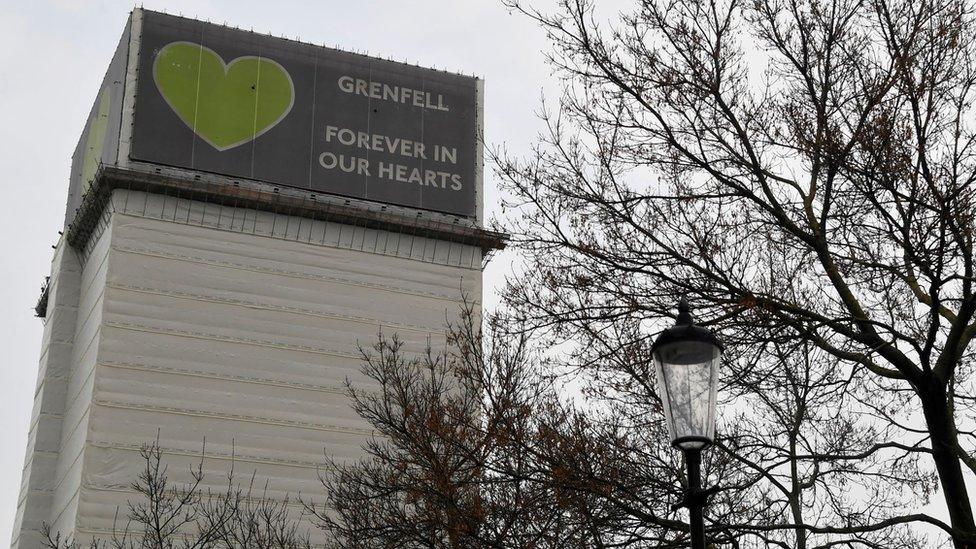
A former housing secretary has told the Grenfell Tower inquiry it is incredible his officials blamed government policy to cut red tape for not introducing tougher fire safety measures.
Lord Pickles said he took fire safety out of the push to cut regulations.
He was challenged on whether this included fire safety guidelines in the construction of tall buildings, which his department was told to tighten up.
Seventy-two people died in the fire in the west London tower block in 2017.
Deregulation of fire safety has become a key issue at the inquiry because of claims it allowed the construction industry to use combustible materials in the years before the fire.
In recent weeks housing department officials have told the inquiry their attempts to tighten the regulations were pushed back because of a general sense within government that regulation was bad.
Lord Pickles, who was secretary of state from 2010-2015, told the inquiry "of course I wanted to deregulate", and that seeing regulation as a last resort was not a bad thing.
The Coalition government had a policy of "one in one out" when it came to introducing new regulations.
A league table of deregulation efforts, by department, was published in 2015. Lord Pickles' department came fourth with savings of more than £200m.
In evidence to the inquiry, officials said as a result of the emphasis on cutting red tape their task of ensuring fire safety had become "onerous".
But, questioned about this, Lord Pickles responded: "Good Lord, I can't explain that. It seems extraordinary."
If the officials had concerns, he said, they should have come to him.
He repeatedly told the inquiry he would only be aware of issues within his department if they were brought to his attention by his senior staff.
He did not deal directly with civil servants lower down the department working on fire safety, he said, and did not know their names.
The former cabinet minister defended his approach to safety, saying he had specifically decided the regulations covering the management of fire safety in buildings should not be part of the push against red tape.
But he was repeatedly asked about a different set of rules, the Building Regulations, which govern the construction of properties.
He has yet to produce evidence these regulations were exempted from drive against red tape.
The Building Regulations, and technical standards connected with them, are notoriously complicated.
There was confusion about the requirements they set out for preventing the spread of flames in a fire during a 2013 inquest into the deaths of five people in Lakanal House, a tower block in south London.
The coroner demanded the government clarify the rules and it fell to Lord Pickles to respond to the recommendations.
Lord Pickles said: "I couldn't work out whether they were confusing or not, to be honest."
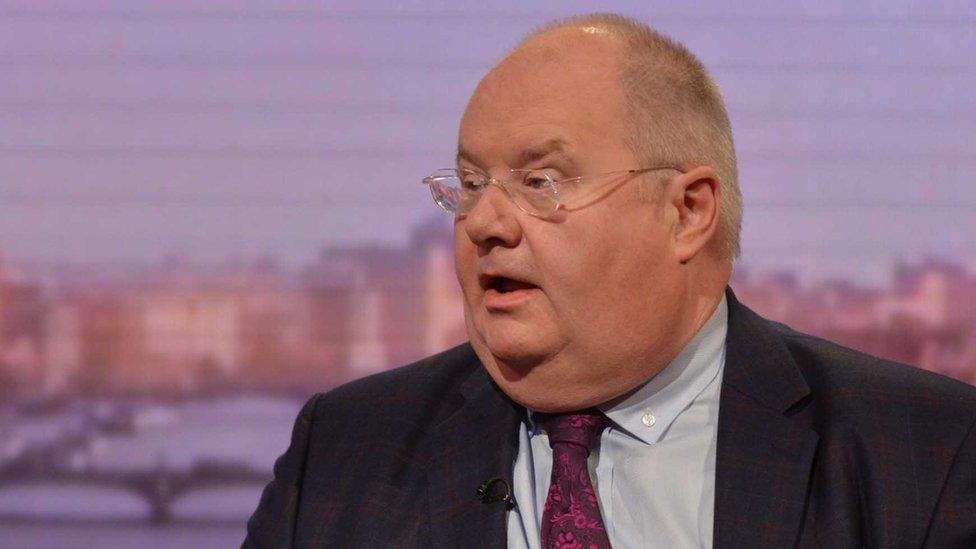
Lord Pickles, then Eric Pickles MP, was a minister in the Coalition government
Despite that, he accepted the recommendation but was told by his officials it would take four years to complete the review of the building regulations.
He told the inquiry he questioned why it would take so long and was informed it would be a complex process.
Officials were briefing junior ministers that a more urgent review could have a "disruptive effect on the construction industry".
Lord Pickles did not see that warning, and when shown it on Wednesday, said "safety's got to come first hasn't it?".
But in a potentially fateful decision he accepted a recommendation that a comprehensive review would take place, to be completed by March 2017.
The longer timescale meant guidelines regarded by the coroner as confusing remained in place as designers specified combustible cladding and insulation for Grenfell Tower.
The Grenfell fire broke out several months later.
In the end the government failed to meet its own deadline and the new guidance was only published in 2019, in the aftermath of the tragedy.
Confusion about apparently contradictory sections of the government guidance may also have been a significant reason why combustible materials were used on the walls of Grenfell Tower.
Hundreds of buildings were also constructed or refurbished using combustible materials.
The resulting building safety crisis has left construction companies and hundreds of thousands of flat owners having to pick up the cost of making properties safe.
The government has also been forced to set aside £5.1bn for "building remediation".
The inquiry continues.

THE INFLUENCER WHO IS A SECRET WEAPON: How a former Eurovision host is helping Ukraine's government
EVERYTHING HAS CHANGED: Brexit, Covid and other major political stories from seven turbulent years

Related topics
- Published5 April 2022
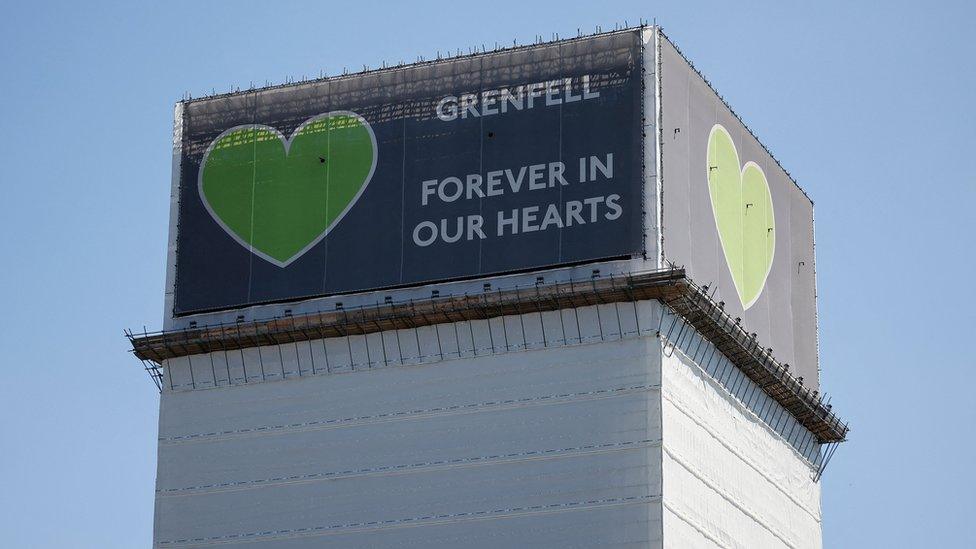
- Published31 March 2022
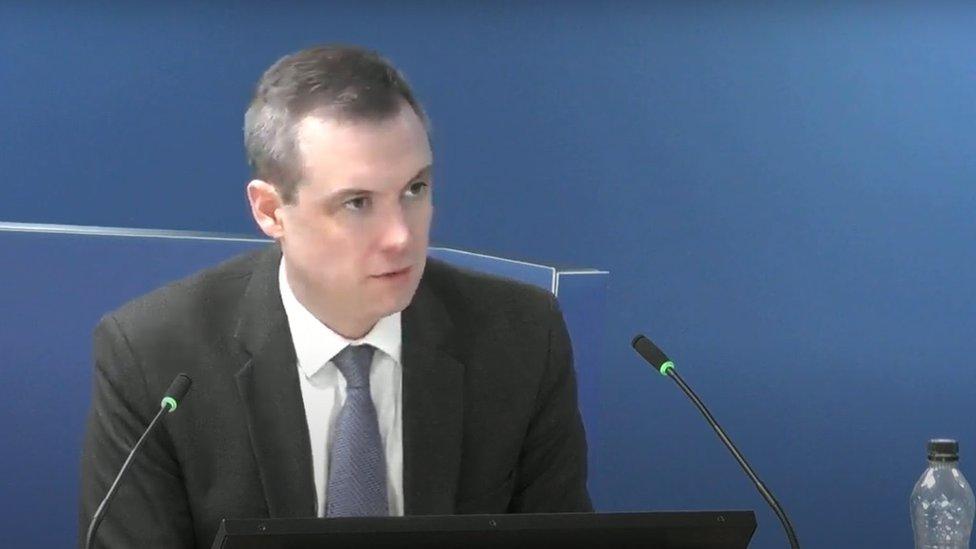
- Published14 June 2020
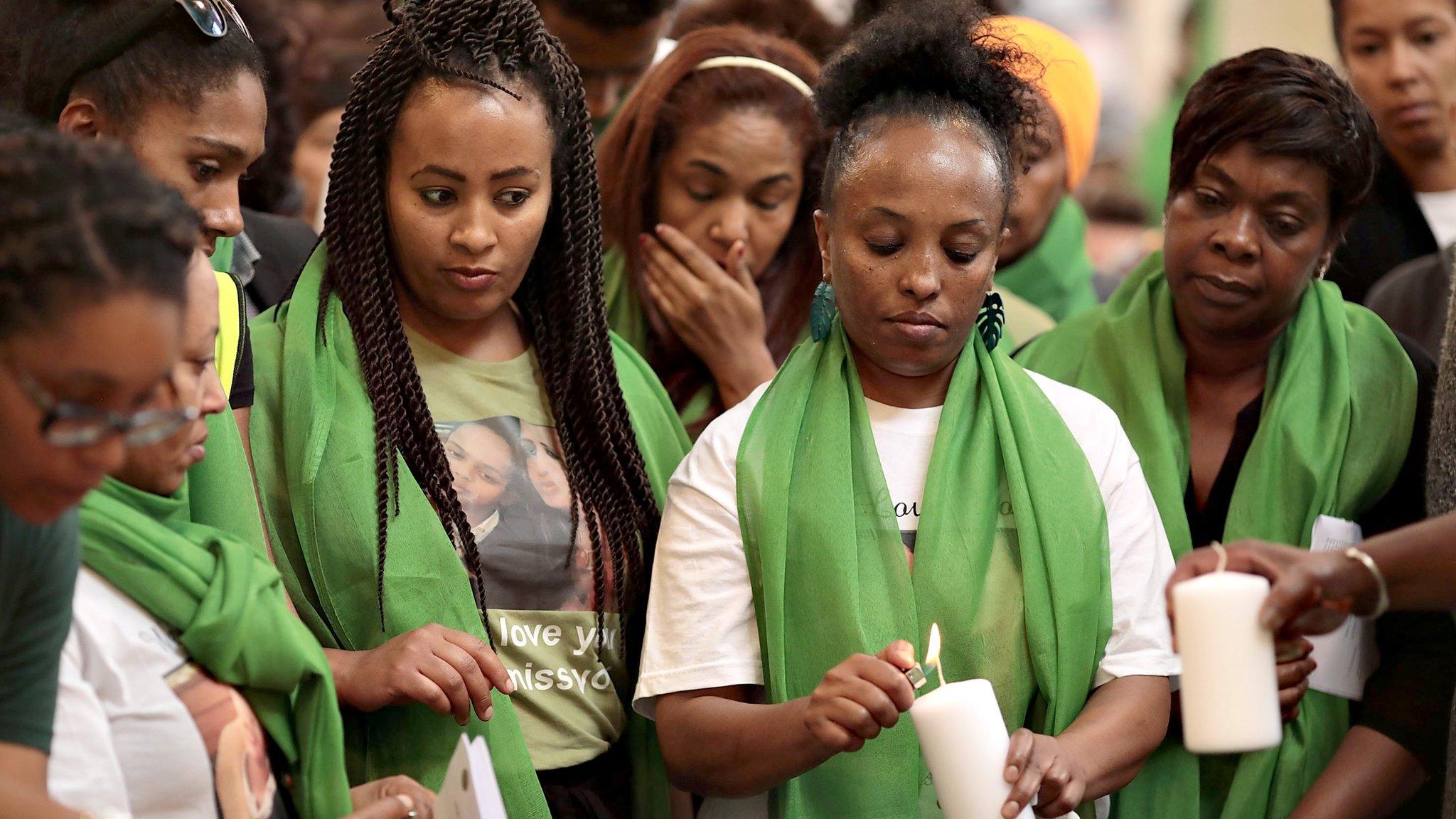
- Published18 May 2018
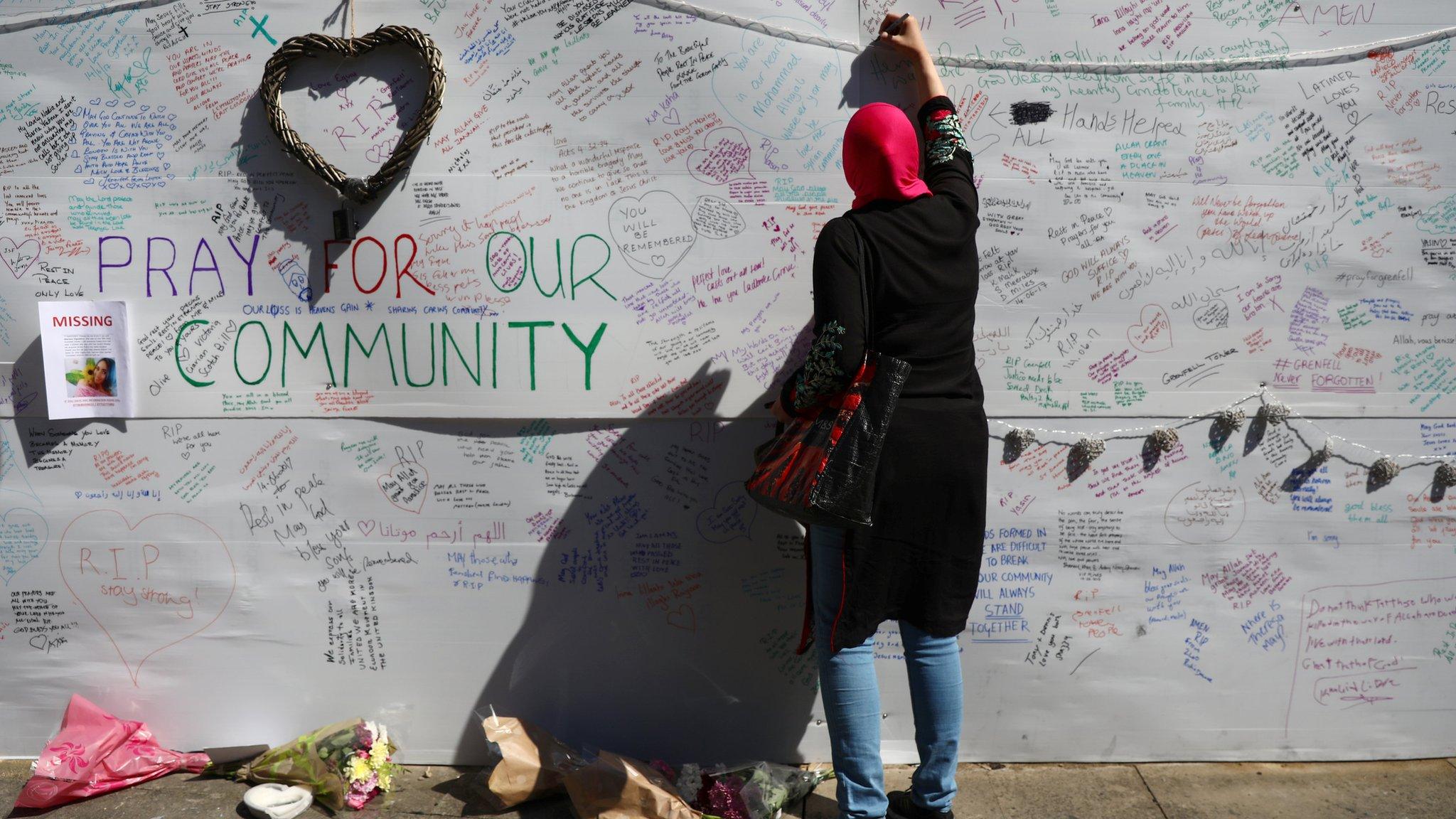
- Published30 March 2022
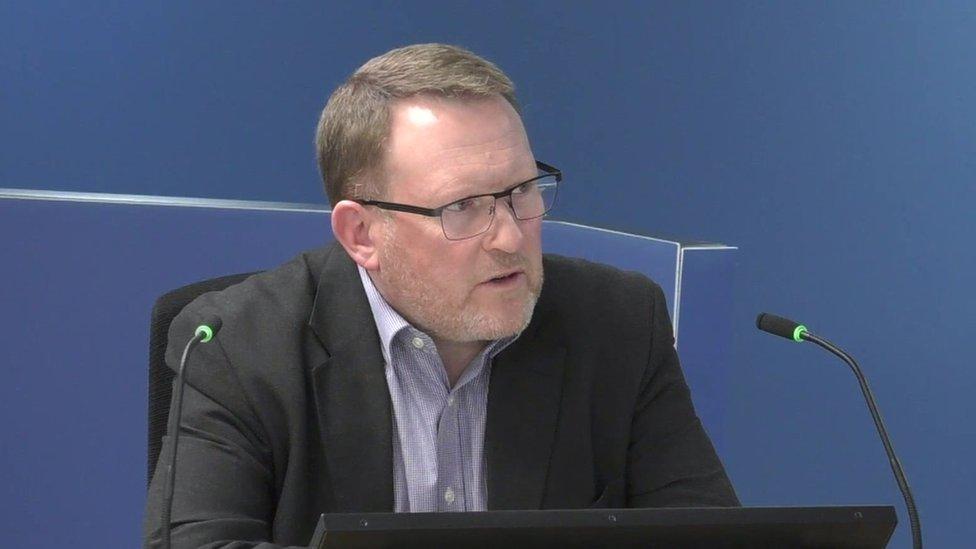
- Published30 October 2019